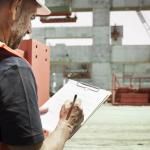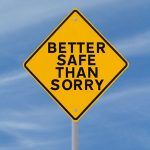
Luck Is What Happens When Opportunity Meets Preparedness
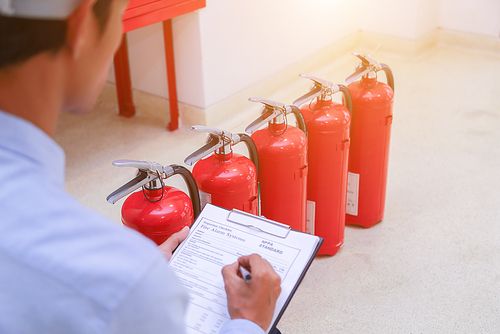
“Luck is what happens when preparation meets opportunity.”
This adage, which has been said by many and has a few variations to it, is really a gem in the safety industry. It wisely points out that in everyday life, random luck is very infrequent. True luck is all about being prepared when the right (or wrong) situation presents itself.
That’s why we encourage our clients and our readers to be prepared for what might arise in your workplace. Anticipate the foreseeable events (nearly all of them are!) and assess safety risks in your workplace, job site, office, vehicles and elsewhere.
Being Lucky Means Being Prepared
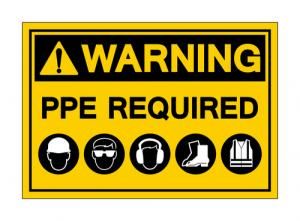 Those that appear to have been lucky enough to avoid some calamity, in fact, were simply just better prepared.
Those that appear to have been lucky enough to avoid some calamity, in fact, were simply just better prepared.
When a terrible event occurs, but one home or business manages to avoid significant damage or recovers very quickly, some may attribute this to luck. Most often, however, luck has little to with avoiding the impact of a flood, fire or other negative event.
More importantly, those who expect to rely on being lucky as a safety plan for home or business can expect to be quite unlucky over time. Make sure your business does any and all possible preparation to prevent injury and damage.
Fire Prevention Preparation
The risk of fire is just one of the many concerns you have for both your business and your home. Let’s use fire as an example of being fully prepared in order to be “lucky.”
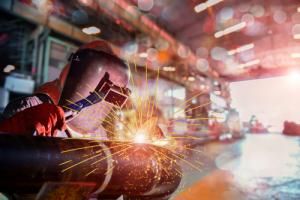 You can’t not rely on being lucky, when it comes to the safety of family or staff. You must be prepared not lucky when it comes to the protection of valuable information and property.
You can’t not rely on being lucky, when it comes to the safety of family or staff. You must be prepared not lucky when it comes to the protection of valuable information and property.
Fire prevention, therefore, is invaluable to your organization. This includes fire safety awareness as well as personal protective equipment (PPE).
If a fire does start, it is critical to have the proper fire-protection equipment ready. The right equipment can provide an early warning, and prevent the spread of fire.
These are essentials in preventing harm to anyone and minimizing property damage in the event of a fire. The prevention and/or reduction in the impact of fire begins by having the right equipment ready in working condition at all times.
Preparation Means Readiness
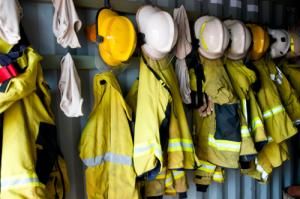 Once you have selected high-quality fire-prevention equipment, an effective maintenance plan must be included as part of the overall integrated fire prevention plan. Quality prevention products require proper maintenance to ensure readiness.
Once you have selected high-quality fire-prevention equipment, an effective maintenance plan must be included as part of the overall integrated fire prevention plan. Quality prevention products require proper maintenance to ensure readiness.
Preparation means batteries in alarms must always stay operational. Extinguishers should always be in a secure place, but there can be maintenance issues with the seals as a result of pressure build up over time. Preparation requires maintenance checks on all fire-prevention equipment.
Other “luck” scenarios may be applied to those that avoided serious loss of important documents when a fire damage is significant. Again, those that were prepared with fire-proof storage of essential documents were really just mitigating a serious risk.
Why take the risk and hope to get lucky? Far better to invest in the right equipment and training, thus be prepared for the uncertainty.
Are You Really Prepared?
Another saying goes “hope is not a strategy.”
Is you business just meeting the minimum standard or are you really fully prepared for the impact of a fire or other situation?
Do a complete assessment of your integrated fire safety plan today. It is far better to apply another old saying: “Better to be safe than sorry.” Make sure your organization takes all possible and reasonable preparation to prevent fire damage. Old sayings are interesting, but preparation for risk events is essential.
Talk with Advanced Consulting & Training today about a safety plan for your company or organization. We are safety training leaders in Ontario, providing safety instruction, assessment and guidance for businesses large and small.

